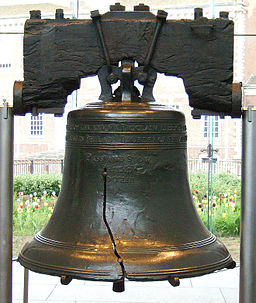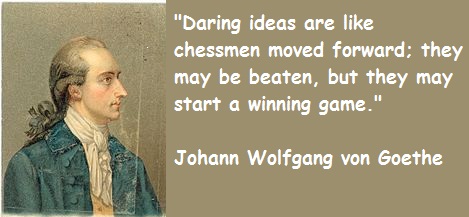
Sevan Naccashian is a name that will probably mean little, if anything at all, to you but, until recently, she was the greatest living artist.
Born in Armenia, Sevan was proud of her heritage but not in a nationalistic way. Her pride was not in the borders of the country but in the culture of the country- the old churches hidden on the hillsides, but mostly the people.
Sevan had a great interest in people and her favourite writers were those who dealt with people in a very tender, but sometimes tragic, way. One writer whom she admired deeply was the Armenian-American writer William Saroyan. In the end of the book The Human Condition (one of Sevan’s ‘bibles’) a stranger turns up at the door to tell the family of the death of their son. The family invite the stranger in, as he has no place to go, and treat him as a son. Sevan said this was, to paraphrase, because that even though their son was killed humans are family unto one another.
Upon seeing her work I wrote to Ms Naccashain to express my admiration. It took two letters (and a background check) before she replied. We started working on a play together which faded away but we then wrote a book which explored the boundaries between paintings and poetry (both maintaining that there is no boundary).
This then turned into a very good and deep friendship where we would correspond through email on a virtually daily basis (with obvious reasons for not i.e. holidays, internet problems etc) even if the email was ‘go and check out this art show’ or ‘read this link’. We would send each other our work for feedback, sometimes the feedback from her would be nothing or ‘nice’. This was when I knew that the work should be, usually, discarded to some obscure notebook.
Sevan was an important member of her community and spoke fondly of her friendship with her postman. She also was on the juries for art and film shows and even (for a short time) taught art to children in school. Children were important to Sevan and she would often tell me fond stories of her brother’s children.
Sevan was an incredibly strong person and even when things in her life seemed bleak never lost the will to fight. Her favourite song was Leonard Cohen’s (whom we spoke about for not just hours but years!) Anthem which contains the lines
There is a crack in everything
That’s how the light gets in
The song and the phrase I started to associate with her and when, visiting Fruad’s house in Hampstead, I happened upon a card that said ‘blessed are the cracked for they let in the light’ which I then sent to her.
For all of her flaws and damage Sevan was truly blessed as was I to have known this truly great person who, probably, never achieved world wide fame (she had international fame and her CV is highly impressive) only due to a lack of business knowledge and drive (once, living in Montreal in winter under six feet of snow, she pondered applying to become a grass cutter thinking it was her perfect job).
Upon the death of her father, Sevan returned to Montreal and soon afterwards she joined him once more.
The space that has been left in the world can never be filled but I do not think she would want us to be sad at her passing rather she would probably just email me the words of the song
The birds they sang
At the break of day
Start again
I heard them say
Don’t dwell on what
Has passed away
Or what is yet to be.
…
Ring the bells that still can ring
Forget your perfect offering
There is a crack in everything
That’s how the light gets in.
‘till next time


